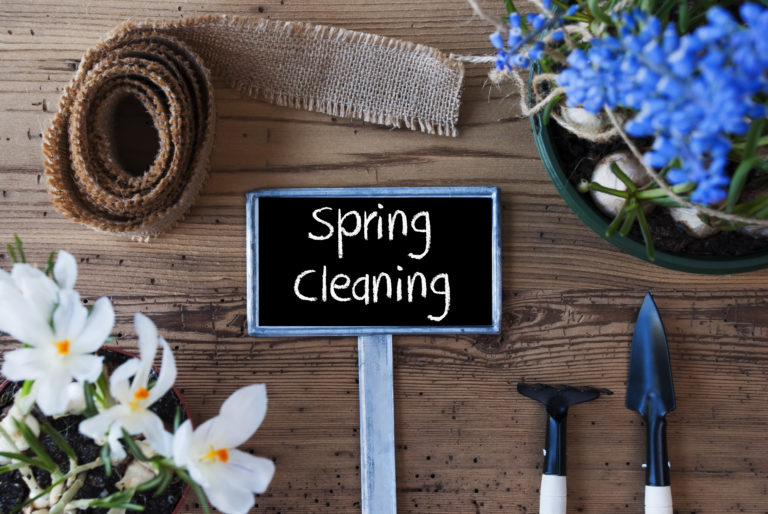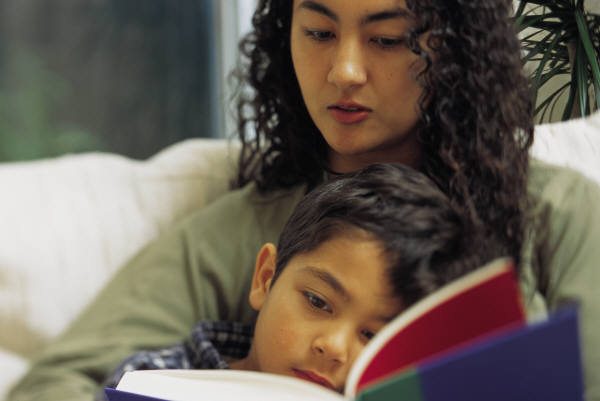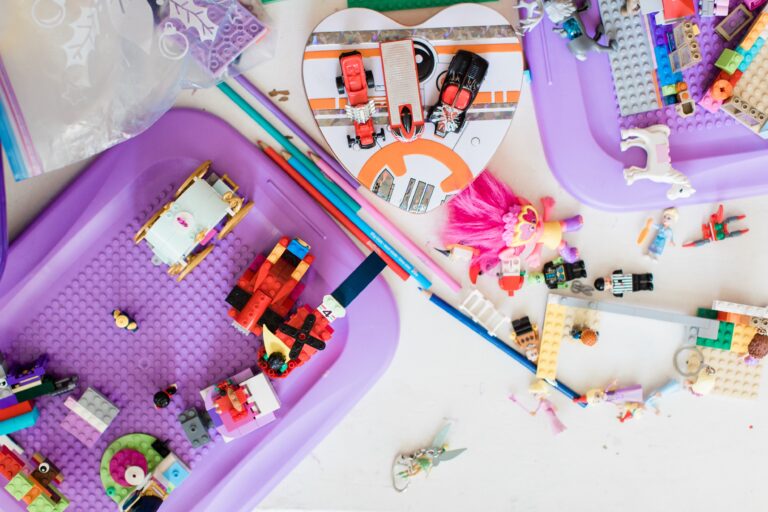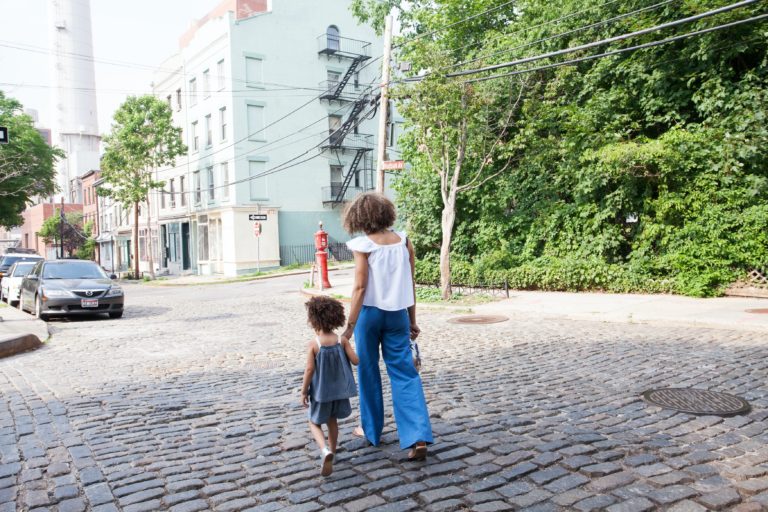5 Easy Tips for Spring Cleaning and Organizing
Is your home in need of a major refresh as the weather starts to warm up! Have no fear! With a few easy spring cleaning…

Is your home in need of a major refresh as the weather starts to warm up! Have no fear! With a few easy spring cleaning…

Does the idea of keeping “family togetherness fun” alive make you slump a little lower in your seat? Never fear. There are tons of easy…

Spring is finally here and we are so excited for all the warmer weather things that happen at this time of year. But how can…

Are you looking for some great children’s books that help build character for your kids? Here is a list of some of the best picture…

Are you looking for a great way to keep your kids busy and help them learn imaginative play? In this updated post, we’re sharing over…

Wives possess a unique power to inspire husbands. Help yours towards greatness with this list of 50 ways to inspire your husband.

I think one of the most eternal things I do every day happens when I lay my little guy in his crib. At some point with my kids,…

“How are you?” I tilted my head and looked in her eyes. “Fine,” she nodded. But then the up-and-down of her head shifted to side-to-side….

“Mom.” The insistent whisper pried my reluctant eyes open in the half-light of dawn that was slowly creeping across our bedroom. The view from my…

“Did you know that glass is stronger than steel?!” My husband was having a lively conversation with my oldest son as the kids ambled around…